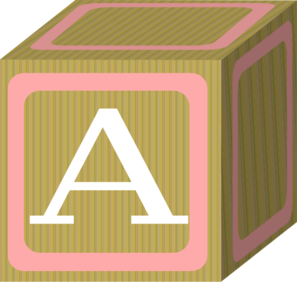
The former group experienced major improvements in both sleep quality and mood ( 24). In one 2-week study, 20 individuals used either blue-light-blocking glasses or glasses that didn’t block blue light for 3 hours before bedtime. Likewise, blue-light-blocking glasses have been shown to spur major improvements in sleep and mental performance. The glasses largely canceled out the melatonin-suppressing effect of the bright light. Notably, those wearing the glasses produced the same amount of melatonin as those exposed to dim light. The bright light almost completely suppressed melatonin production, while the dim light did not. In one study, people’s melatonin levels in the evening were compared across dim light, bright light, and bright light with tinted glasses ( 23). Studies show that when people use blue-light-blocking glasses, even in a lit room or while using an electronic device, they produce just as much melatonin as if it were dark ( 21, 22). Thus, your brain doesn’t get the signal that it’s supposed to stay awake. These glasses effectively block all blue light. SUMMARYīlue light in the evening tricks your brain into thinking it’s daytime, which inhibits the production of melatonin and reduces both the quantity and quality of your sleep.Īmber-tinted glasses offer the easiest and most effective way to avoid blue light exposure at night.

Studies link melatonin suppression in the evening to various health problems, including metabolic syndrome, obesity, cancer, and depression ( 17, 18, 19, 20). When it gets dark, your pineal gland secretes the hormone melatonin, which tells your body to get tired and go to sleep.īlue light, whether from the sun or a laptop, is very effective at inhibiting melatonin production - thus reducing both the quantity and quality of your sleep ( 15, 16).

Yet, modern light bulbs and electronic devices, especially computer monitors, likewise produce large amounts of blue light and may disrupt your internal clock if you’re exposed to them during the evening. Getting blue light, especially from the sun, in the daytime helps you stay alert while improving performance and mood ( 11).īlue light therapy devices may help treat depression, and blue light bulbs have been shown to reduce fatigue and improve the mood, performance, and sleep of office workers ( 12, 13, 14). Keep in mind that sunlight and white light contain a mixture of various wavelengths, each of which has a significant amount of blue light ( 10). However, your circadian rhythm needs signals from the external environment - most importantly daylight and darkness - to adjust itself.īlue-wavelength light stimulates sensors in your eyes to send signals to your brain’s internal clock. Most importantly, it determines when your body is primed for being awake or asleep ( 9). Your body has an internal clock that regulates your circadian rhythm - the 24-hour biological cycle that influences many internal functions ( 8).


 0 kommentar(er)
0 kommentar(er)
